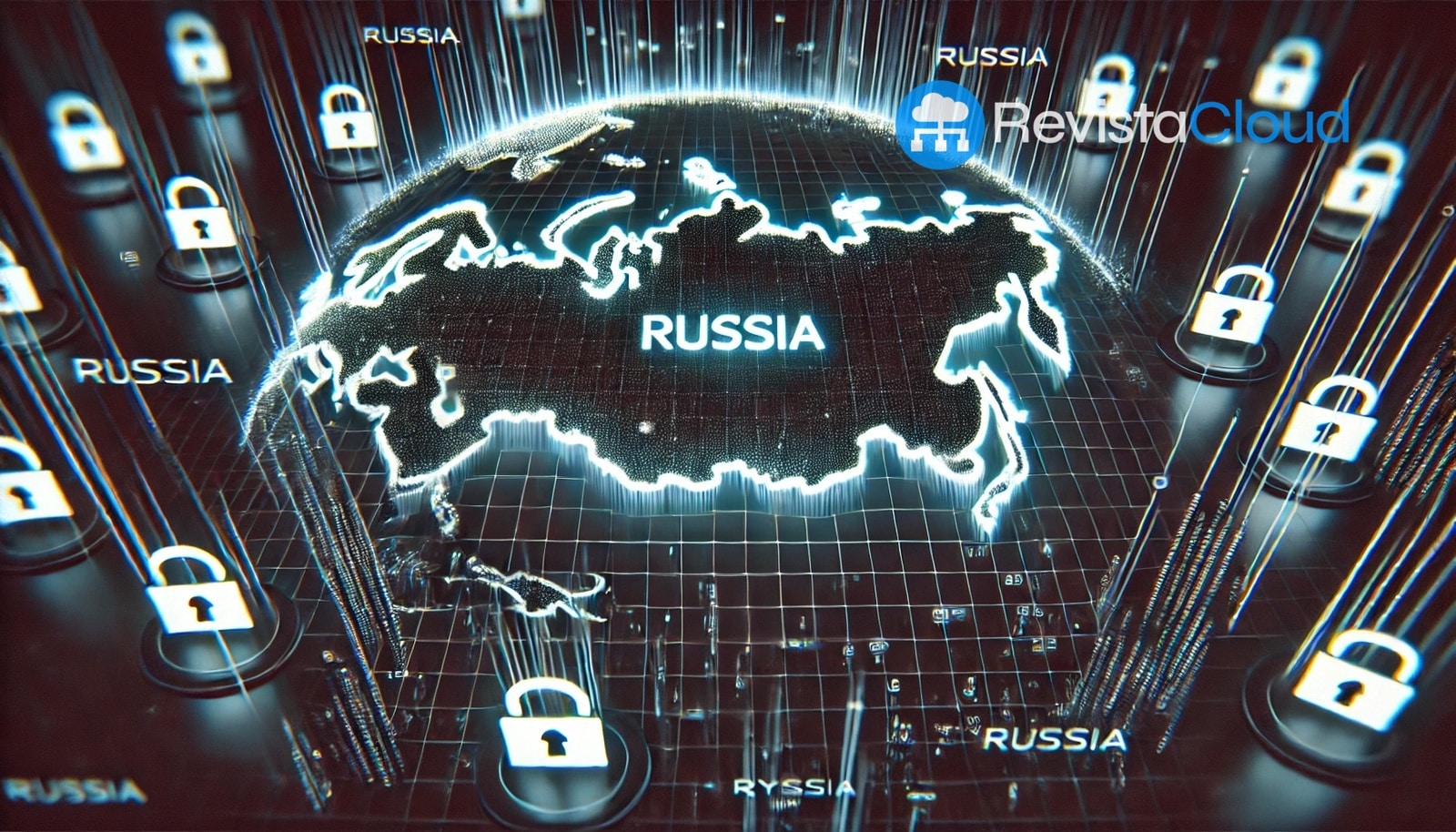Certainly! Here’s the translation:
More than 600 outages were recorded in June; authorities seek to prevent drones from accessing geolocation signals
In an attempt to counter the increasing number of drone attacks launched by Ukraine, Russian authorities have intensified the use of mobile internet cuts across the country. According to data collected by the tech forum Na Svyazi and cited by Bloomberg, there were 654 intentional mobile data outages reported in June alone, nearly ten times the number reported in May.
The main reason for this strategy lies in the dependency of drones on mobile signals to receive coordinates and locate their targets. The surge in outages has become a systematic measure since Operation “Spiderweb,” a Ukrainian offensive that managed to introduce drones into Russian territory and attack strategic air bases.
The increase in these tactics coincided with the commemoration of Victory Day on May 9, when preventive telecommunications restrictions were already imposed. Since then, outages have become routine in southwestern, northwestern, and Siberian regions, according to the independent media outlet The Moscow Times, which has also faced repression from the Kremlin and has been labeled an "undesirable organization."
Consequences in Everyday Life
The outages not only affect the defensive capabilities of drones but also have a direct impact on the daily lives of citizens. Businesses that cannot process card payments, non-functional ATMs, and taxi services that have had to revert to phone bookings are some of the collateral effects of this measure.
In the Saratov region, Governor Roman Busargin justified the restrictions as a measure to "maintain security." However, in practice, the outages are generating increasing economic and social disruption, especially in areas where digital services have largely replaced traditional mechanisms.
The regional Russian media outlet 7×7 recently published a detailed map showing a wide dispersion of outages, affecting at least 30 regions. The tech monitoring project Na Svyazi reported outages in 35 regions in a single day last Wednesday, which could constitute a record.
Unusual Figures at the Global Level
The data contrasts with the global scenario. According to Cloudflare’s Q1 2025 report, there were no government-ordered internet outages recorded anywhere in the world during that period. Even in earlier quarters, the only identified cases corresponded to exceptional contexts, such as protests or national exams, and none reached the scale currently observed in Russia.
The contrast is even more notable considering that the practice of cutting digital services has historically been associated with authoritarian regimes or severe crisis situations. However, in this case, the main argument is not social control, but rather the technological war being waged alongside the conventional military conflict.
Selective Attacks on Strategic Infrastructure
Ukrainian drones have focused their recent offensives on Russian factories and critical infrastructure. One of the latest incidents occurred in Izhevsk, where the Kupol electromechanical plant, specialized in the production of air defense systems and drones, was hit by an attack. These selective strikes highlight the vulnerability of certain industrial enclaves in the face of unconventional warfare.
The Russian Dilemma: Security vs. Connectivity
The Kremlin’s strategy poses a complex dilemma: how to protect infrastructure and lives without compromising the basic functionality of an increasingly digitalized country? While authorities reinforce their national security narrative, citizens face constant disruptions that undermine the normalcy of their daily routines.
For now, the trend seems to be on the rise. The figures from June set a precedent that could solidify if drone attacks continue on Russian soil. What initially began as exceptional measures for military purposes threatens to become the new normal in dozens of regions across the country.
Source: The Moscow Times

